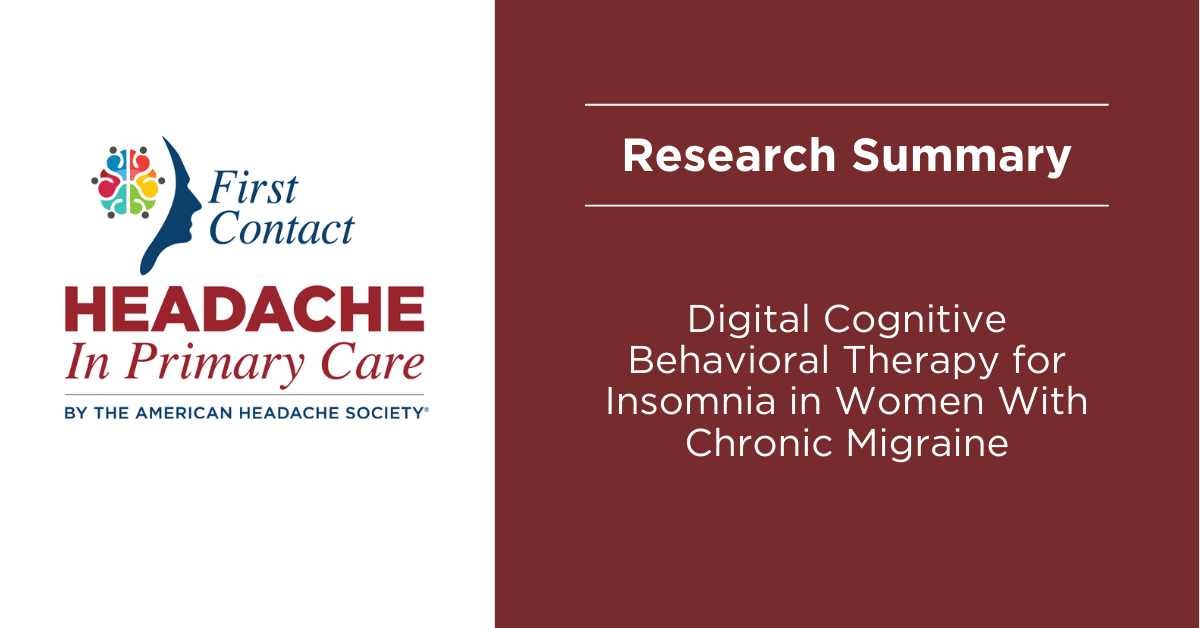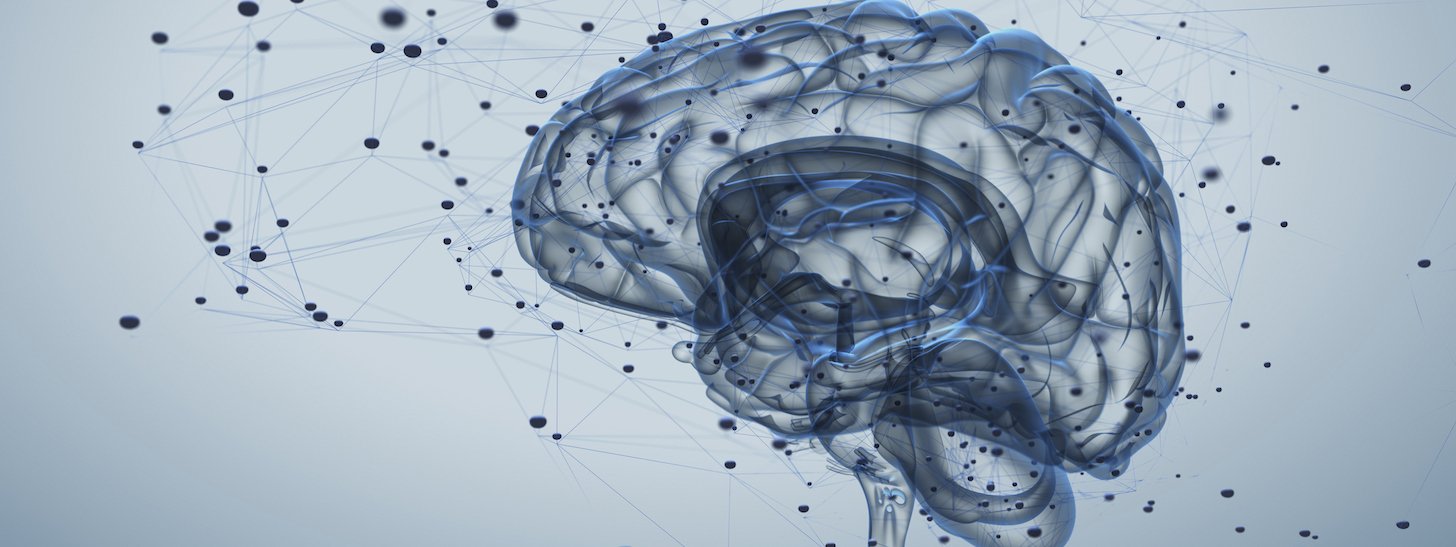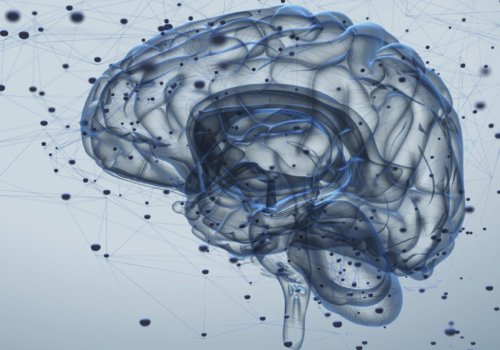
Research Summary: Digital Cognitive Behavioral Therapy for Insomnia, Chronic Migraine
Insomnia commonly co-occurs with chronic migraine (CM). Cognitive behavioral therapy for insomnia (CBT-I) is a first line therapy for insomnia we recommend over pharmacological options. A study published in the journal Headache® evaluated digital cognitive behavioral therapy for insomnia (dCBT-I) for women with chronic migraine and insomnia.
Study Results
- Out of 42 patients enrolled, 35 completed six sessions of digital cognitive behavioral therapy for insomnia (dCBT-I) within the 12-week period. There was no control or placebo group included.
- Of these who completed all 6 sessions of dCBT-I, 94.3% reported being satisfied or very satisfied with the digital treatment. We assessed these results through the Patient Satisfaction Questionnaire Short Form (PSQSF). Regarding their insomnia, 65.7% of completers responded their insomnia improved based on their scores on the Insomnia Severity Index (ISI). Finally, 34% of completers reverted from CM to episodic migraine as assessed by The Migraine Disability Assessment (MIDAS).
Conclusion
- This study provides evidence for the feasibility and acceptability of dCBT-I in patients with CM-I.
- This paper may provide a feasible prescription for eHealth help for patients with CM and insomnia. In terms of next steps, these results indicate a randomized controlled trial is necessary to determine dCBT-I efficacy in CM patients. The promise of non-pharmacological, eHealth interventions for use in primary care is exciting. It will also be potentially helpful to many people living with migraine and associated conditions such as insomnia.


